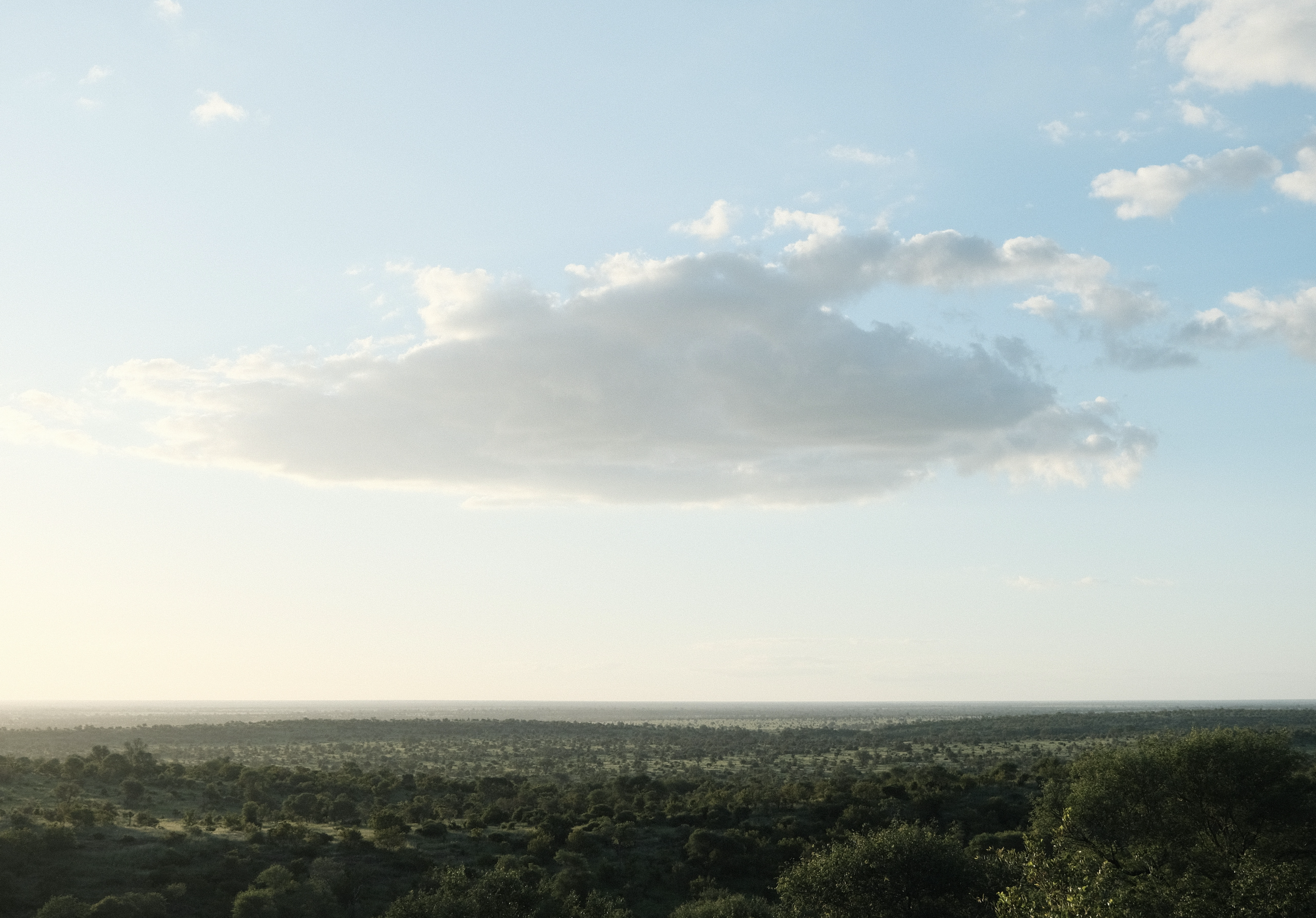2022 Partnerships – 1st Tranche

Daniel Hotz
15.06.2023
In the autumn of 2022, Ecological Restoration Fund (ERF) called for applications for inspirational ecological restoration projects across Europe. We received nearly 300 excellent applications from outstanding organisations all around Europe.
As we had a budget of £250,000 and a maximum grant size of £25,000, we had the difficult task of whittling the applications to ten projects. However, we are delighted to announce that the first five partnerships are;
BirdLife Sverige: Wetland Restoration & Creation
The project seeks to increase the number and area of wetlands, especially within agricultural landscapes and forest habitats. Other objectives include increasing biodiversity and reducing the loss of nutrients in rivers and the Baltic Sea. This includes creating new wet meadows suitable for the shoreline bird community, including endangered birds such as the southern dunlin and black-tailed godwit.
Cheshire Wildlife Trust: Cheshire Beaver Project (England)
Cheshire Wildlife Trust (CWT) is undertaking a six-year project to introduce beavers into the wild. Beavers are a keystone species, an organism that helps hold the ecosystem together. Beaver activity creates diverse and dynamic wetlands – helping to connect floodplains with their watercourses. They are native to Britain but became extinct in England in the 16th century. The ERF funding will allow CWT the resources to prepare and submit a detailed reintroduction license application to comply with legislative processes associated with a wild release. If the licensing is successful, the reintroduction will go ahead as planned. This is an exciting project which has the potential to restore wetlands across the county, 90% of which have been lost in the last 100 years.
The Blue Marine Foundation: Ocean Protection & Management (Cyprus)
This project aims to protect and restore the marine ecosystem surrounding Akrotiri in southern Cyprus. This area is one of the country’s most productive and valuable marine areas. It supports numerous protected and endangered species, including groupers, sea turtles, guitar sharks and Mediterranean monk seals. Despite its high ecological importance, the marine area of Akrotiri has been insufficiently managed and overfished.
The funding from ERF enabled the Blue Marine Foundation to undertake research and present a sustainable, science‐based management proposal for preserving and restoring marine habitats by creating a Marine Protected Area (MPA) for the Cypriot authorities in June 2023. If the authorities are convinced, this could lead to the creation of an MPA and protection for one of the most important biodiversity hotspots in the Mediterranean.
BIOM (Croatia’s BirdLife International): Still Water Revival.
This project aims to restore and conserve still water ecosystems of the Mediterranean karst mountains. Ponds, wells, and torrential streams are almost the only water bodies in the karstic mountains and they act as hotspots of biodiversity. The ERF-funded project is also closely connected to the European Union-funded ‘Dinara back to LIFE’ project which aims to restore important European habitats. BIOM have now assessed over 200 ponds and wells to check their ecological status and are now prioritising sites to be restored in the next months.
The Bulgarian Biodiversity Foundation: Charite Peatlands Restoration.
This project looks to restore and enhance internationally important peatlands. Peatlands support biodiversity, purify water, mitigate flooding and droughts and store vast amounts of carbon – more than twice the carbon kept by all forests.
In Bulgaria, peatlands are only found in the higher mountain areas. One of the most emblematic peatlands is found at Charite Lakes, a site of European importance, part of the Western Rhodope Natura 2000 Site. This network is part of the largest coordinated network of protected areas in the world. It offers a haven to Europe’s most valuable and threatened species and habitats. However, changes in hydrological conditions and the overgrowing of non-characteristic vegetation are having significant adverse impacts on these peatlands. This project will ensure the long-term preservation and maintenance of peatlands in the Charite area.